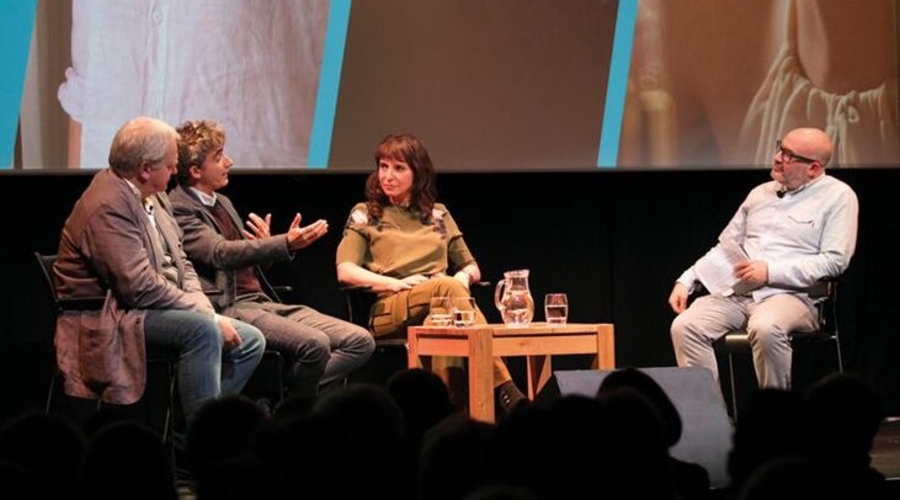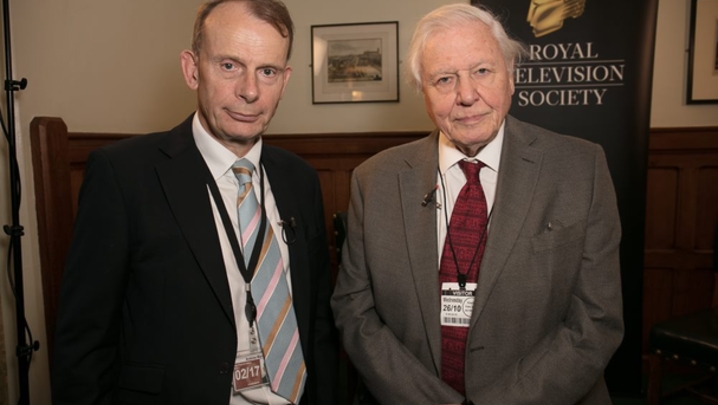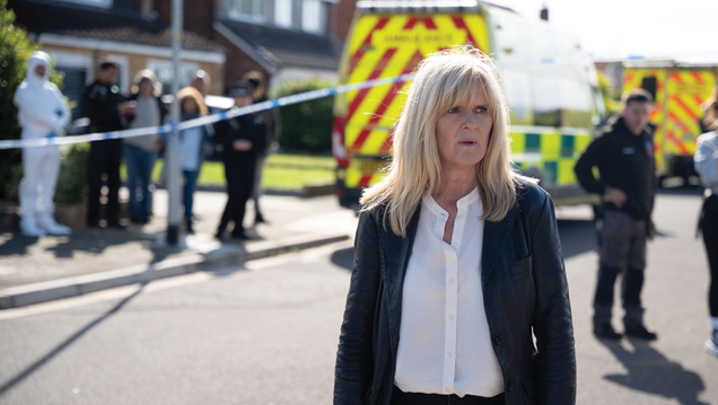Steve Clarke salutes the Society on the eve of its 90th birthday
It was a perfect autumn day as the guests enjoyed the warm sunshine as they walked across St James’s Park.
Their destination was a celebration marking the 75th anniversary of the Royal Television Society, hosted by His Royal Highness, The Prince of Wales, the Society’s Patron, and his wife, Camilla, the Duchess of Cornwall.
Inside St James’s Palace, canapes were being nibbled and wine sipped. Television luminaires, including Sir David Attenborough – no stranger to royal circles, having filmed the Queen’s Christmas Day broadcast inside Buckingham Palace – and Jon Snow, mixed with senior British TV executives.
All listened as the Prince spoke in that familiar, lower-register, regal voice.
He stressed the RTS’s importance as “the leading forum for discussion and debate on all aspects of the television industry”.
“The Television Society was, as you all know, founded 75 years ago, following a lecture at Leeds University by John Logie Baird,” he said.
“When the Society began, it was principally as a place for scientists and engineers to exchange ideas about the exciting new medium. I am sure that the small group of television enthusiasts who came together in 1927 could not have imagined what was to come.”
How right the Prince was. Fifteen years later, as the RTS reaches its 90th birthday on 7 September, the Society remains firmly at the heart of Britain’s dynamic television sector.
It may be approaching its tenth decade, but the Society, which is an educational charity, exhibits none of the characteristics of a typical 90-year-old. (By the way, the Television Society became the Royal Television Society in 1966, a time when the British people still watched TV in black and white.)
The small group of television enthusiasts who came together in 1927 could not have imagined what was to come
Rather than slowing down, the RTS today is an energetic, vibrant meeting place for all sections of television and related sectors, such as online video.
Membership is growing. Today the Society has more than 4,500 members drawn from the creative, technology and business communities that television embraces.
As TV becomes portable and personalised, the Society’s regular debates and discussions shed light on a fast-evolving and complex globalised industry.
The RTS could not exist without the generous support of its Principal Patrons, the BBC, ITV, Channel 4 and Sky. It is telling, however, that others, including International Patrons Liberty Global and YouTube, are drawn from a wide spectrum of companies that operate across the world.
At the same time as some technology companies are evolving into content providers (did anyone mention Netflix and Amazon?), traditional broadcasters are diversifying.
Consider how Adam Crozier’s ITV has bought into US production, and BBC Studios is attempting to create commercial value for the corporation.
Throughout the UK, the RTS plays host to a compelling and eclectic events programme that aims to reflect these and other important developments in TV and beyond.
The Society’s many awards, both national and regional, meanwhile, are bywords for excellence across genres and disciplines. These awards are regarded as the gold-standard by TV practitioners and media commentators.
Jury chairs for the RTS Programme Awards have made a point of broadening the range of jurors to include more from ethnic-minority backgrounds.
The RTS Student Television Awards showcases films that frequently give the professionals a run for their money by virtue of their sheer originality.
In the past decade, the Society has put much more emphasis on encouraging young people to involve themselves in Society activities.
The inspirational RTS Futures strand was launched in 2007. Its events are a must for anyone who wants to break into television and the wider content arena.
RTS Futures has established the UK’s premier entry-level training fair for the television sector – this year, the Ultimate TV Careers Fair attracted a capacity crowd of 900.
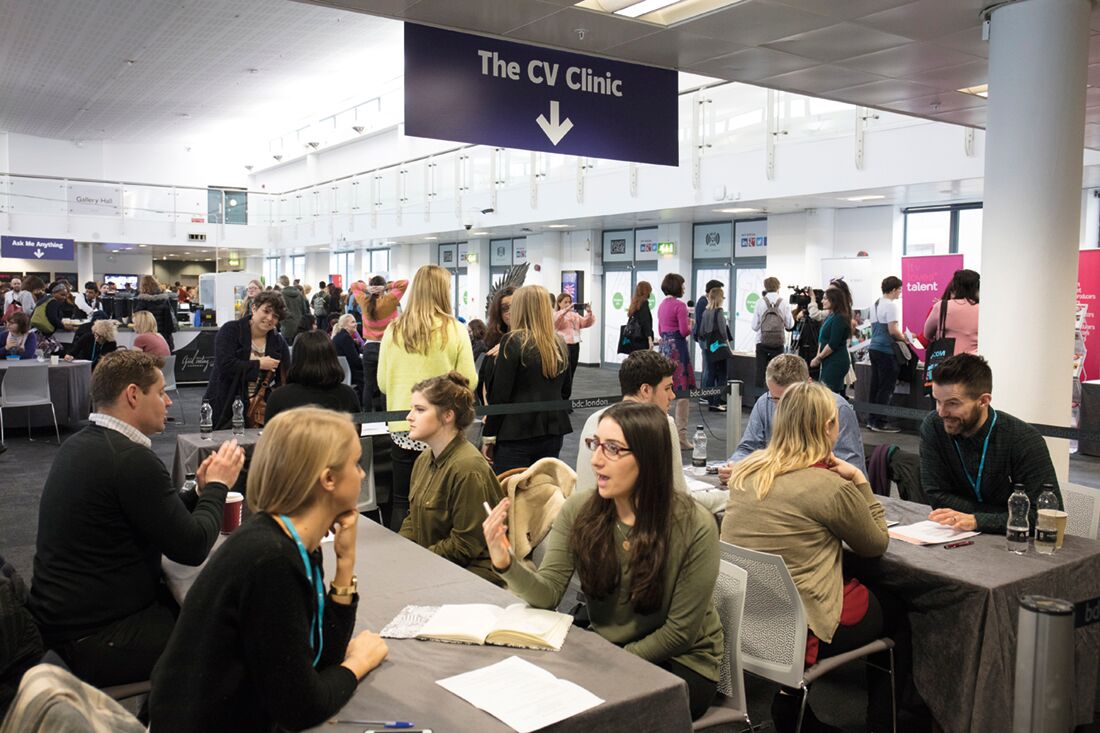
The RTS’s bursary scheme, launched at the end of 2013 by The Prince of Wales, offers financial help to undergraduate students from less well-off homes who intend to study on TV-related university courses.
To date, the RTS has given 100 bursaries to talented youngsters and is welcoming additional funding and places for the scheme from All3Media.
The Society has also pushed outwards and created events, such as its hugely successful “Anatomy of a hit” strand, that are more accessible to the general public.
ITV’s Broadchurch was the first show to receive this treatment in 2013. Sherlock, Doctor Who, Poldark, Humans, The Night Manager and The Crown are among other series discussed under the “Anatomy of a hit” banner. These evenings often go viral on social media.
In 2014, the RTS and IET introduced their Joint Public Lecture. Sir Paul Nurse was the most recent speaker. Chaired by RTS Trustee and CEO of BBC Worldwide Tim Davie, the talks focus on those areas of scientific innovation that have major social impact.
Subjects have included artificial intelligence and the role that technology played in the 2008 financial crash. These lectures reaffirm the importance the RTS places on technology, and explore the sweet spot where science and creativity collide to foster innovation.
The RTS is one of the six shareholders in IBC (International Broadcasting Convention), which celebrates its 50th anniversary this year.
The Society’s internationally renowned conferences are a benchmark for quality. They consistently attract speakers from the world’s top media and entertainment companies.
The biennial Cambridge Convention, based at King’s College, is widely regarded as the British television industry’s premier talking shop, and has grown in stature since making its debut in 1970.
The secretary of state’s address is a keenly anticipated Cambridge RTS tradition: a valuable chance for ministers to engage with the concerns of media leaders.
The three-day gathering combines crystal-ball gazing and debate alongside networking with media stars, policy-makers and regulators. Occasionally, the after-hours entertainment grabs more attention than the debates – who could forget Richard Desmond’s band igniting the post-dinner crowd in 2013?
My own first taste of the platform that the RTS provides to industry leaders – and the headlines they generate – came in the early 1980s. HTV’s HQ in Culverhouse Cross, Cardiff (since demolished), was the venue for a weekend RTS conference.
One of the speakers was Michael Grade, newly returned from running Embassy Entertainment in the US and a controversial choice as the new BBC One controller. Many regarded Grade as an ITV man, who, they said, would be too populist for the Beeb.
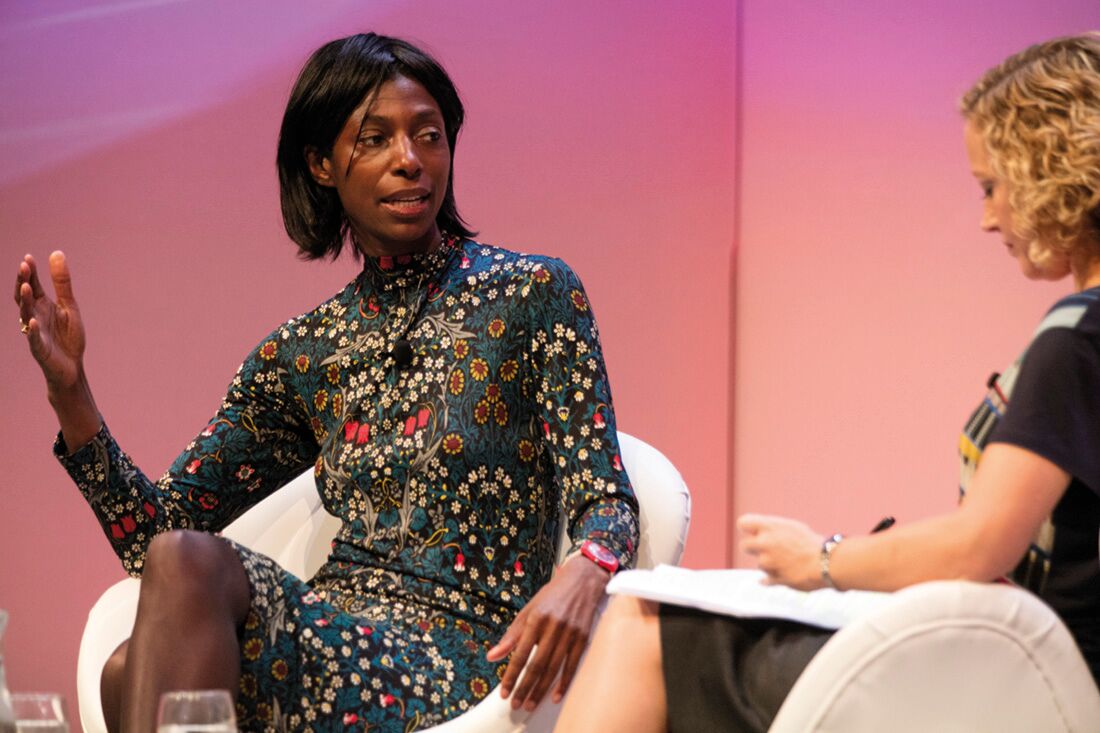
(Credit: Paul Hampartsoumian)
The head of BBC Television, Bill Cotton, had hired Grade to stem BBC One’s ratings decline. Grade proceeded to launch EastEnders – still a lynchpin of the BBC One schedule in the online era – and greenlit such signature shows as The Singing Detective, which he famously commissioned in the loo. Audience figures surged.
At the same conference, the great BBC broadcaster Huw Wheldon gave a stirring speech. After his death in 1986, the RTS initiated the Huw Wheldon Memorial Lecture.
Over the years, Wheldon lecturers have included Sue Perkins, Lyse Doucet, Simon Schama, Sir Peter Bazalgette, Siân Phillips, Bettany Hughes, Dawn Airey, Owen Jones and Michael Dobbs.
There are too many other memorable moments from attending RTS events to mention them all, but here are some personal standouts:
- A rare public speech by Rupert Murdoch, albeit beamed via satellite, given to Cambridge delegates
- TV executives playing Who Wants To Be a Millionaire?, also at Cambridge, and overseen by the late, great Andrea Wonfor (who, sadly, died in 2004)
- Dawn Airey’s “films, football and fucking” speech, given at an RTS London dinner
- Viacom founder Sumner Redstone addressing the RTS
- An intimate afternoon encounter with Sir David Attenborough at the House of Commons
- The whoops of triumph from the Sky News table at the RTS Television Journalism Awards as the news provider nails yet another win as News Channel of the Year
- James Purnell and Jay Hunt boiling over as they discuss Channel 4’s snatch of The Great British Bake Off at last year’s RTS London Conference
- NBCU CEO Steve Burke’s cogent and informative keynote speech at the 2016 conference
- BBC DG Tony Hall and ex-RTS President Peter Bazalgette being VR guinea pigs onstage at Cambridge 2015.
This is not to ignore the RTS’s cherished history or to underestimate the ingenuity of John Logie Baird (44th in a 2002 BBC poll of the “100 Greatest Britons”), or that of his colleagues. During the interwar years, these brilliant engineers created the foundations for British television to become the world-class programme provider that it is today.
In the late 1920s, in the early days of the Television Society, the medium was popularly regarded as “seeing by wireless”, such was the level of astonishment at Baird’s invention. Without the pioneering work of the Baird Company, it is hard to imagine TV as the 20th century’s defining technology, or this century’s moves into HD and 4K.
Baird and the early members of the Television Society lacked the opportunity to binge-watch on a box set using a Sky Q box.
But Baird would have relished many of the innovations tracked by the Society over its nine-decade existence. And the RTS will continue with this mission well into the future.
Happy 90th, RTS.

